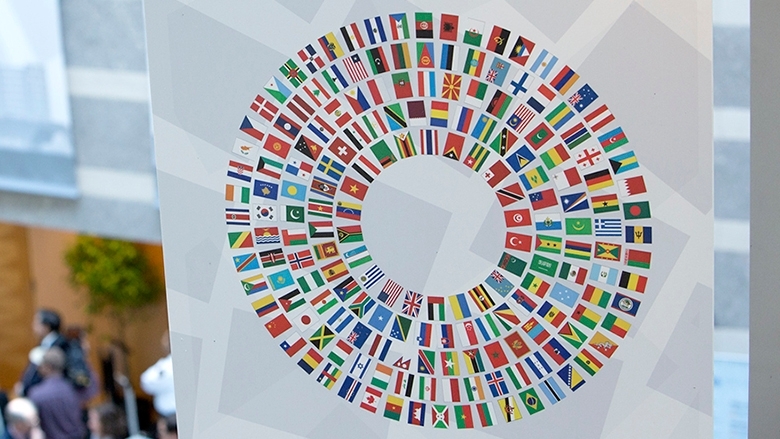World Bank Enhances Moldova’s Infrastructure with Upgraded Roads and Borders

World Bank Approves $105.98 Million Financing Package for Moldova Rural Connectivity Project
The World Bank Approves $105.98 Million Financing Package for Moldova Rural Connectivity Project
CHISINAU, April 29, 2024 – In a significant development for the Republic of Moldova, the World Bank’s Board of Executive Directors has approved a $105.98 million financing package for the Moldova Rural Connectivity Project (MRCP). This project aims to enhance climate-resilient road connectivity in rural communities, improve road transit through border crossings with Romania, and strengthen the country’s ability to respond to crises and emergencies effectively.
The MRCP will focus on rehabilitating and upgrading approximately 95 km of three priority local roads with climate-resilient design. This will improve reliable, all-weather connectivity to markets, schools, health facilities, and other social and economic centers. Additionally, road safety measures will be implemented near schools and settlement areas, and non-motorized transport infrastructure will be developed along and adjacent to roads. The project will also include educational campaigns to raise awareness about road safety practices.
Another key component of the project is the improvement of Border Crossing Points (BCPs) between Moldova and Romania. A new road BCP will be constructed at Ungheni with modern customs processing facilities, while the Giurgiulesti and Leuseni BCPs will be modernized.
Inguna Dobraja, World Bank Country Manager for Moldova, emphasized the importance of local roads for rural communities, stating that they are essential for farmers to access markets, children and teachers to reach schools, and the elderly to visit healthcare centers. Improved roads will lead to lower transport costs, greater accessibility, and increased international trade opportunities.
The MRCP is expected to directly benefit around 42,000 people, 133 businesses, 27 health facilities, and 84 schools located along the rehabilitated road corridors. It is also projected to facilitate between 350,000 and 400,000 heavy goods shipments per year, benefiting shippers in Moldova, Ukraine, and Romania. Economic benefits will include reduced wait times for trucks and cars, increased trade, and a decrease in greenhouse gas emissions.
Since Moldova joined the World Bank in 1992, over $2.1 billion has been allocated to more than 70 operations in the country. Currently, the World Bank portfolio includes 13 active projects with a total commitment of US$742.9 million, covering various sectors such as regulatory reform, business development, education, health, agriculture, and more. The MRCP is a significant step towards improving infrastructure and connectivity in Moldova, ultimately contributing to the country’s economic development and resilience.



